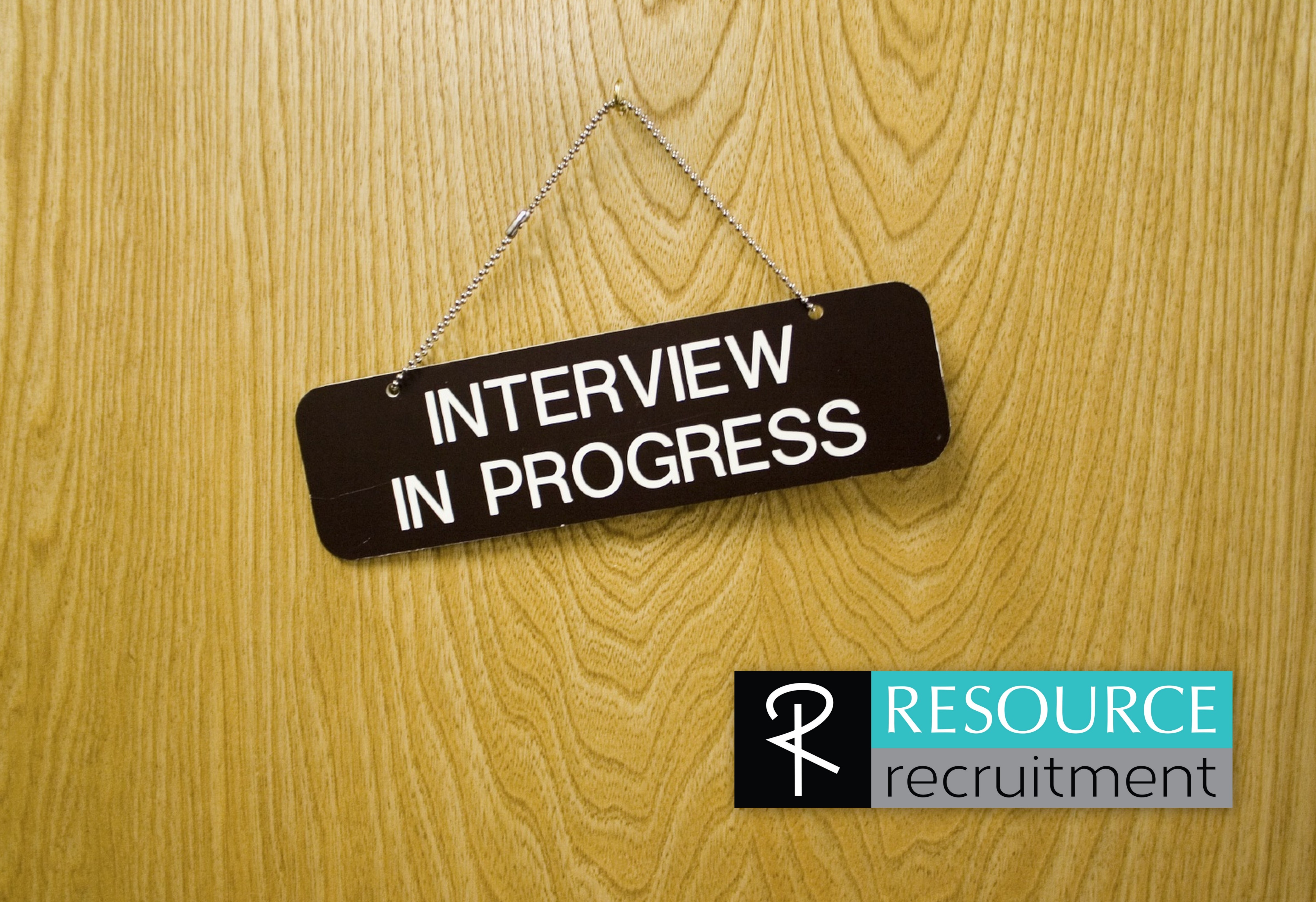
08 Oct What not to ask
The law states that we may not unfairly discriminate against job applicants. This means that an interviewer may not show favour, prejudice or bias for or against a job applicant on the basis of for example, race, gender, sex, pregnancy, marital status, family responsibility, ethnic or social origin, colour, sexual orientation, age disability, religion, HIV status, conscience, belief, political opinion, culture, language and birth.
There are certain situations where the law allows for fair discrimination. These are:
- Discrimination based on affirmative action (ie employing designated groups such as blacks/ woman in order to achieve equity);
- Discrimination based on inherent requirements of a particular job (eg one may discriminate against someone applying for a position as an air pilot, who has poor eye sight);
- Compulsory discrimination by law (eg one may not employ children under 15 years); and
- Discrimination based on productivity (eg one may give increases based on merit).
There are two kinds of unfair discrimination: direct and indirect.
Direct discrimination is easy to identify (when woman are paid less than men for the same position). Indirect discrimination is more subtle and involves the application of policies and practices that are apparently neutral and do not explicitly distinguish between employees and job applicants but that, in reality, have a disproportionate and negative effect on certain individuals or groups.
The following are a few requirements that I am often given, or questions that are often asked of my candidates in interviews, and examples and reasons why they have little benefit to the employer, and may put them at risk of finding themselves at the CCMA
- “How many children do you have?” A better question to ask would be, “Are there any family commitments that would prevent you from attending work and performing your functions to the best of your ability?” Some people with four children may put their careers first, while others with no children may have no commitment to work.
- “Are you planning on having more children?” This a pointless question, because anyone who is, would probably deny it in the interview. I recently placed a divorced woman of 40 with two teenagers, and six months after she started her new job she discovered that had fallen pregnant – unplanned….
- “How old are you?” In my opinion, age is a state of mind. Some 45 year old act and look like they are 30, and some 30 year olds looks and act like they are 60! Today, 45 year olds are getting married and starting families, as are 18 year olds.
- “What religion are you?” Some of us have a very strong faith, and would rather employ someone of the same faith, but religion should not come into the workplace, and by asking this question, you are opening yourself up to a CCMA case!
There is a skills shortage out there, so don’t limit the chances of finding the best candidate, by placing unnecessary criteria. Rather look for the right attitude and the right skills. If you are worried about employing someone with the same negative trait of a current/ past employee, reference check the candidates on these points and do behavioral profiling (I can send you more details on this if you are interested).
The maximum award at the CCMA, for a candidate who claims that the they did not get a position because they were unfairly discriminated against in the interview, is 24 months salary.



